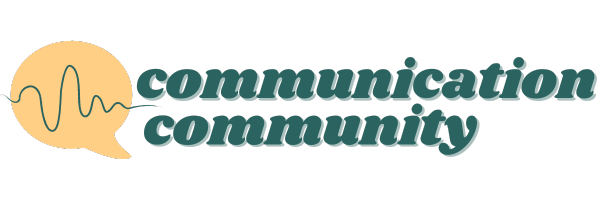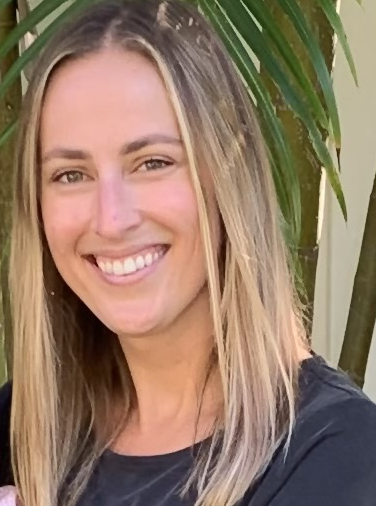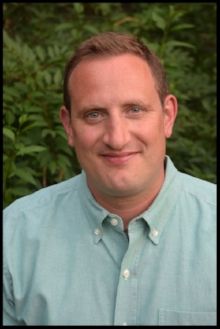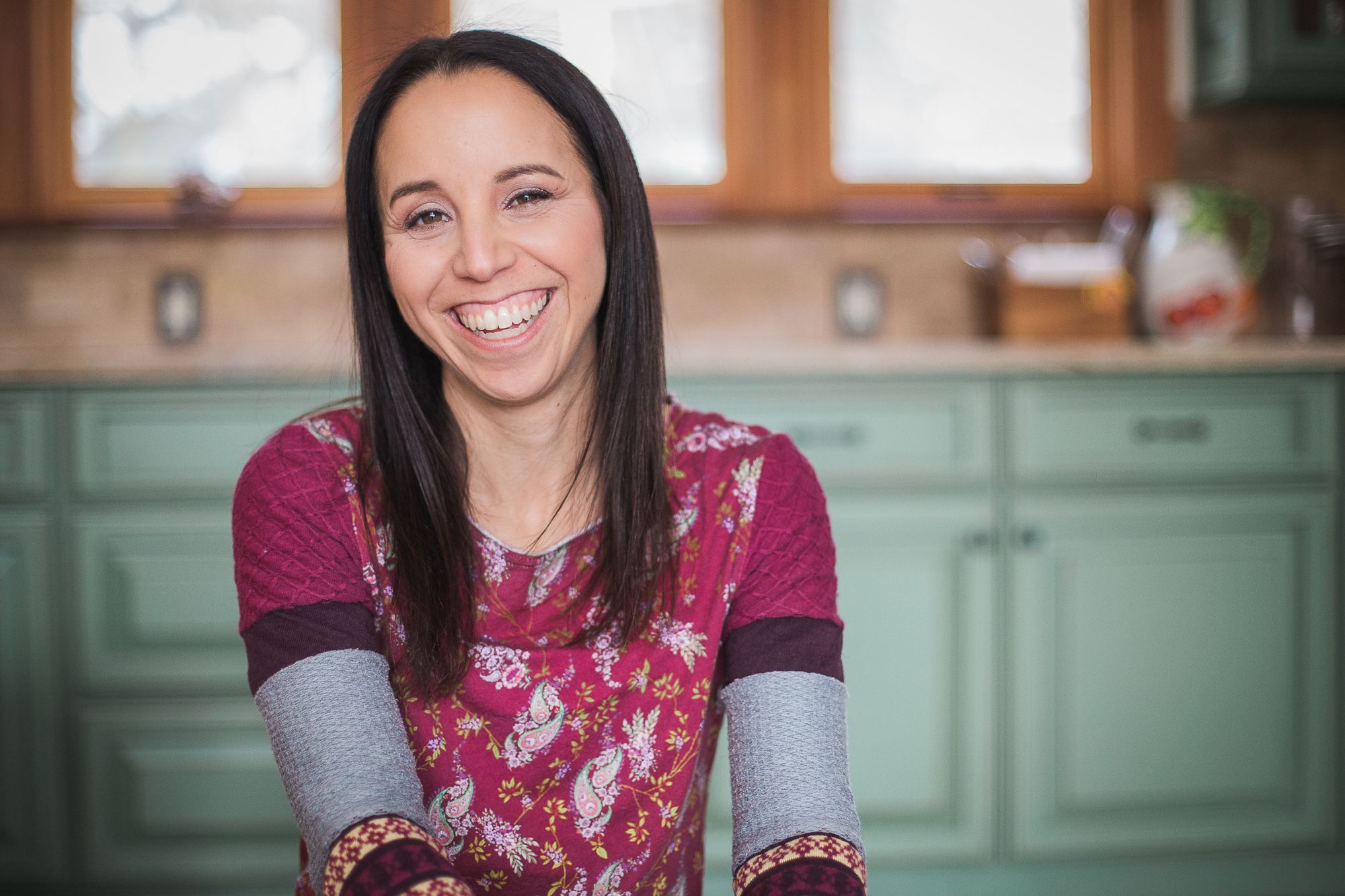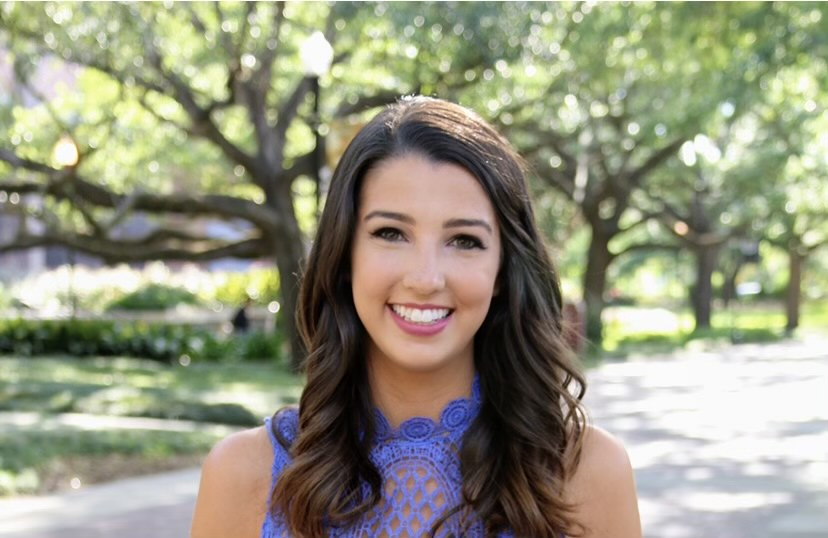While interning I discovered the impact nutrition had on the growth and development of kids of all ages. I discovered what a difference nutrition could have on a child’s well-being.
How did you get into dietetics?
It wasn't until after I had completed my undergraduate degree in Interdisciplinary Studies (with a minor in Communication Sciences and Disorders) at University of Central Florida that I became interested in nutrition. After graduation I was unsure of what my career path was going to look like. I decided to move to Washington DC, where my sister was living, and applied to graduate schools for Speech-Language Pathology. While living in DC I had a roommate who was passionate about nutrition and eating healthy. I started to learn more about nutrition and began to eat more healthful foods. I became fascinated with the impact eating a well-balanced diet can have on our overall health. After living in DC for a year (I realized the cold weather wasn't for me) I decided to move back to Florida and obtain my master's degree in Dietetics and Nutrition at Florida International University.
What made you want to specialize in pediatric nutrition?
I have always loved working with kids. I babysat and nannied for multiple families while completing my undergraduate and master's degrees. I wasn't sure how working with kids was going to fit into my career until my last rotation as a dietetic intern. I had the opportunity of interning at Joe Dimaggio Children Hospital, where I later started working. This is where I fell in love with pediatric nutrition. While interning I discovered the impact nutrition had on the growth and development of kids of all ages. I discovered what a difference nutrition could have on a child’s well-being. In becoming a pediatric dietitian I was able to integrate my passion for kids, as well as nutrition, into a career.
I am able to apply my knowledge of lactation difficulties, such as breast and nipple, milk supply, as well as baby feeding/latching concerns to help moms and infants have successful breastfeeding experiences.
In your title it also shows that you are a Certified Lactation Counselor (CLC). Can you tell us more what that role would entail?
When I have a patient who is breastfed, I am able to use my knowledge as a CLC to support new moms who may have questions or concerns regarding breastfeeding. I am able to help new moms identify their babies feeding cues as well as signs that their baby is breastfeeding well. Assessing an infant’s weight gain and output (e.g., wet dippers, stools) are also essential tools I use to assess whether the infant is feeding well and consuming adequate volume while breastfeeding. I am able to apply my knowledge of lactation difficulties, such as breast and nipple, milk supply, as well as baby feeding/latching concerns to help moms and infants have successful breastfeeding experiences.
What is one of the best aspects of your workday?
One of the best aspects of my day is getting to interact with kids and build a relationship with families. I love that I have the ability to teach kids/caregivers healthy habits that they can then turn into a lifelong healthy lifestyle. I also love that I am able to help a variety of patients at all stages of their childhood, e.g., children who are struggling to gain weight, starting solid foods, children who require their nutrition through a feeding tube, selective eating, weight management, children with multiple allergies or gastrointestinal disorders.
Tell us about your interaction with other specialists!
I collaborate with physicians, nurse practitioners, social workers, case managers and speech-language pathologists on a daily basis. Electronic charts and referrals do not always contain all the information so it is important to communicate with other professionals to get the whole picture. After a nutrition visit I often call physicians to discuss my nutrition recommendations and communicate next steps in the child's care.
What do you find to be the most exciting part of your field?
Being able to make a difference! Food and nutrition are such an integral part of everyone's day-to-day life. I find it so rewarding to be able to help improve my patients’ quality of life through food.
What challenges you the most in dietetics?
It is often challenging to get the whole family involved in healthy dietary modifications. When working with children for weight management it is challenging to implement nutrition interventions when the parents/caregivers are unwilling to make dietary changes themselves. I have found that getting the whole family involved in making healthy dietary changes has the most success for the kids. My goal is to get the whole family motivated to make healthy changes.
What is a common misperception about dietetics?
One misperception of dietitians is that we are the food police, which we are far from! The last thing I want to do is judge someone on their food choices or what they are eating. Think of dietitians as coaches rather than referees.
Do you ever work with SLPs? In what ways?
Yes, I work with SLPs on a daily basis as an outpatient dietitian. I have a lot of patients with feeding disorders, dysphagia, and those who receive feeding therapy. I rely a lot on SLPs to help with knowing what textures and consistencies are safe for the child. They also provide insight on how much a child consumes which helps me to ensure the child is getting adequate nutrition. It is important to collaborate as a team to ensure we provide the best care for our patients!
What is one thing you like to share with parents/caregivers related to dietetics?
I would love to share with parents/caregivers that they play such an integral role in shaping their child’s eating habits. By creating a positive eating environment and being a role model they can help their children develop healthy eating habits that they can carry on throughout their life.

Many thanks to Leigh for sharing her clinical knowledge with us and touching upon one (of many) avenues of dietetics!
